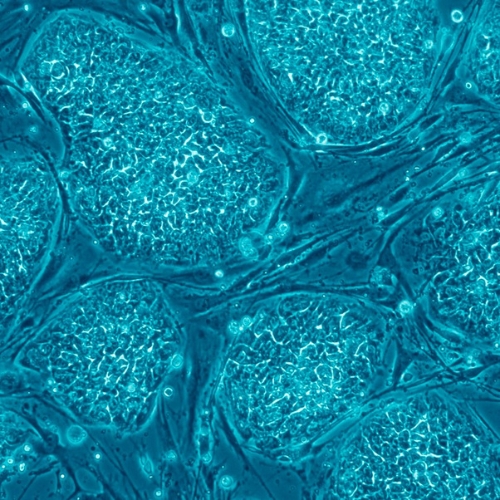Key points from article :
A provocative new proposal argues that ethically sourced, lab-grown human bodies—called “bodyoids”—could dramatically transform medicine, offering new solutions to long-standing problems like organ shortages, unreliable drug testing, and the ethical dilemmas of animal experimentation. The idea rests on recent advances in biotechnology, including pluripotent stem cells, artificial wombs, and genetic tools that inhibit brain development, making it theoretically possible to grow non-sentient human bodies that can’t feel pain or possess consciousness.
These bodyoids could provide a vast source of human tissues and organs for transplants and allow personalized drug testing using a patient’s own cells. They might even help replace sentient animals in food production. While such an idea sounds like science fiction, it is becoming scientifically plausible. However, many technical and ethical hurdles remain—especially concerns around consent, human dignity, and the social implications of growing human bodies without consciousness.
The article urges policymakers, scientists, and the public to start grappling with these ethical questions now, while the technology is still emerging. Much like the public reaction to Dolly the cloned sheep in the 1990s, the introduction of bodyoids could provoke strong societal responses. But with careful planning and open debate, the authors believe this technology could eventually reshape biomedical research in an ethically responsible way.





